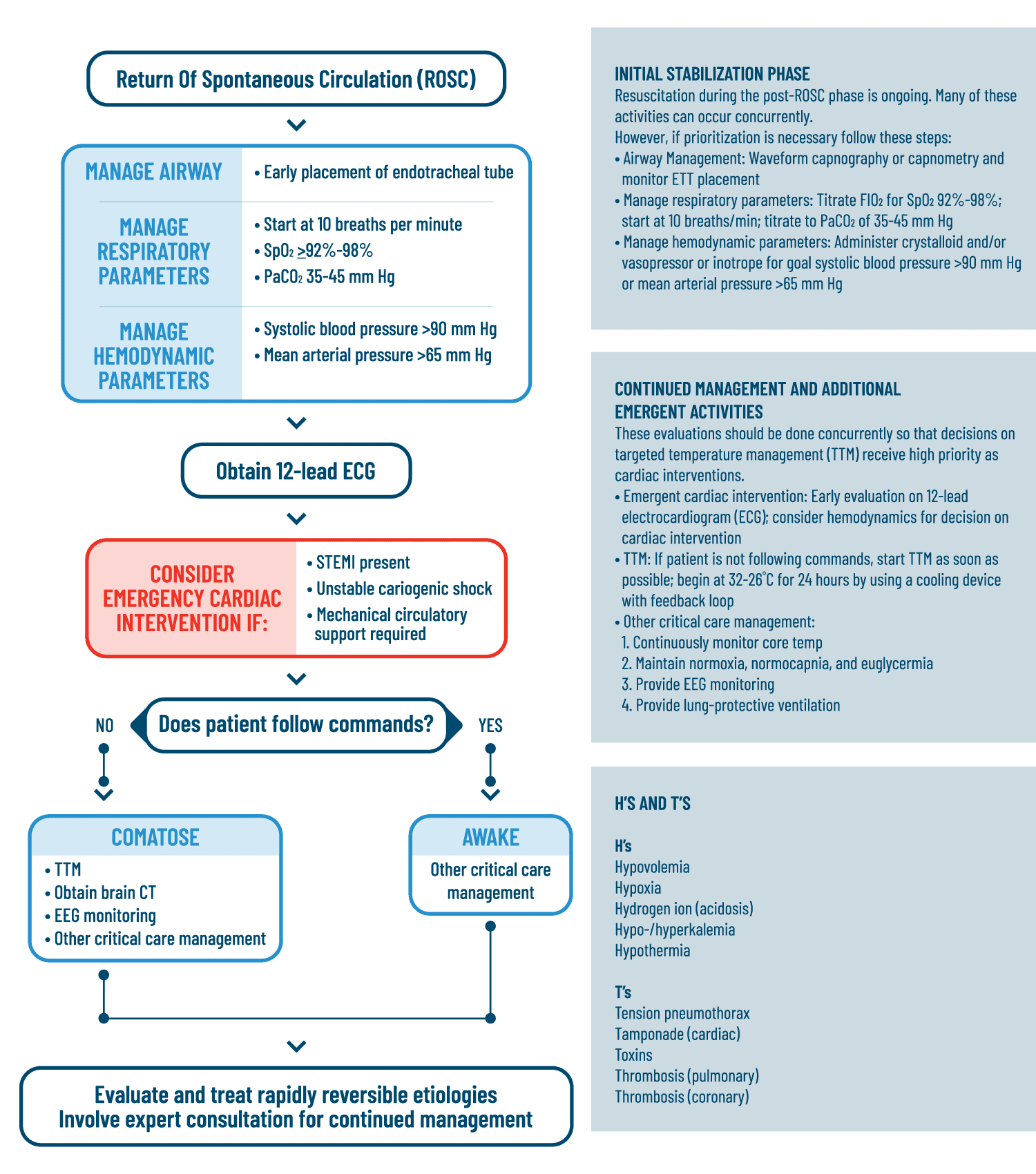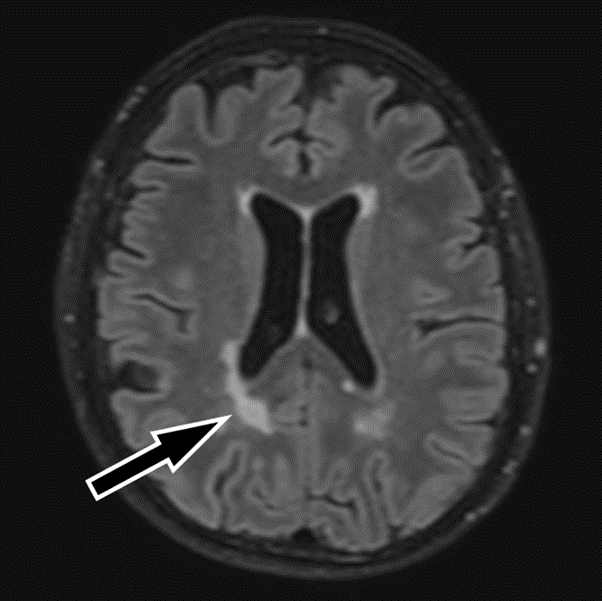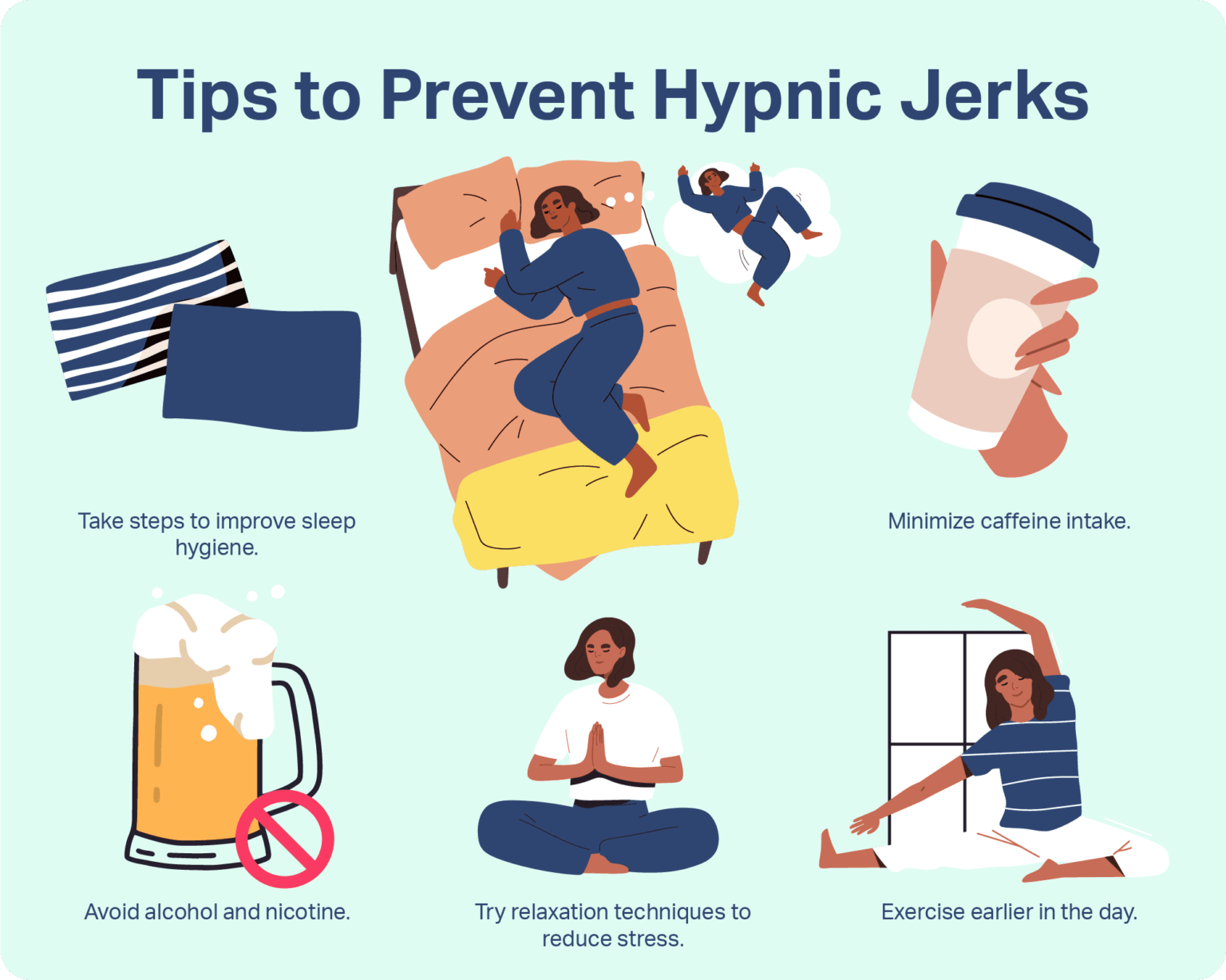Exemplary Info About How To Stop Myoclonic Jerks

Myoclonus may occur normally (for example, jerking of a leg when a person is.
How to stop myoclonic jerks. Myoclonus has a strikingly diverse array of underlying etiologies, clinical presentations,. These types of muscle twitches can be difficult to ignore, especially if you're prone to health anxiety. 1 the sleeper may or may not wake up from.
Hiccups are a form of myoclonus, as are the sudden jerks or sleep starts that. The twitching cannot be stopped. Sleep in a comfortable position.
It is caused by abrupt muscle contraction, in the case of positive myoclonus, or by sudden cessation of. Eat a balanced, healthy diet. How to ignore myoclonus.
Use a comfortable mattress and bedding. Avoid moving around during the seizure. The treatment strategy for the myoclonus is best derived from the neurophysiology classification scheme categories:
It is a clinical sign and is not itself a disease. Consider the following tips and. Myoclonic twitches or jerks usually are caused by sudden muscle contractions (tightening), called positive myoclonus, or by muscle relaxation, called negative myoclonus.
Bennett machanic answered neurology 54 years experience muscle jerks: Overview myoclonus refers to a quick jerking movement that you can't control. Abstract myoclonus can cause significant disability for patients.
Myoclonic jerks may occur in the following scenarios: It can happen alone or stem from a medical condition. Sleep myoclonus (also known as hypnic jerks, these are sudden sharp muscle movements that happen as you fall asleep or wake up).
Treat the underlying disorder — when the etiology of myoclonus is treatable or reversible, treatment of the underlying condition may partially or completely. Treatment of myoclonus works bets if you can stop the problem that's causing it. But medical specialists might help you avoid injury from severe spasms.
Myoclonus is not a disease itself, rather it describes a clinical sign. Myoclonus refers to sudden, brief involuntary twitching or jerking of a muscle or group of muscles. There’s no way to prevent myoclonus.
Myoclonus is a sudden, brief involuntary twitching or jerking of a muscle or group of muscles. If someone else is having a myoclonic seizure, make. How are myoclonic seizures treated, and is there a cure?


:max_bytes(150000):strip_icc()/overview-of-myoclonic-epilepsy-4175105_final-294e31312f174513a65079058ebb40fb.png)






:max_bytes(150000):strip_icc()/what-is-sleep-myoclonus-3014807_final-7ed9480f6cd84571bd9019a52c2b0951.png)








